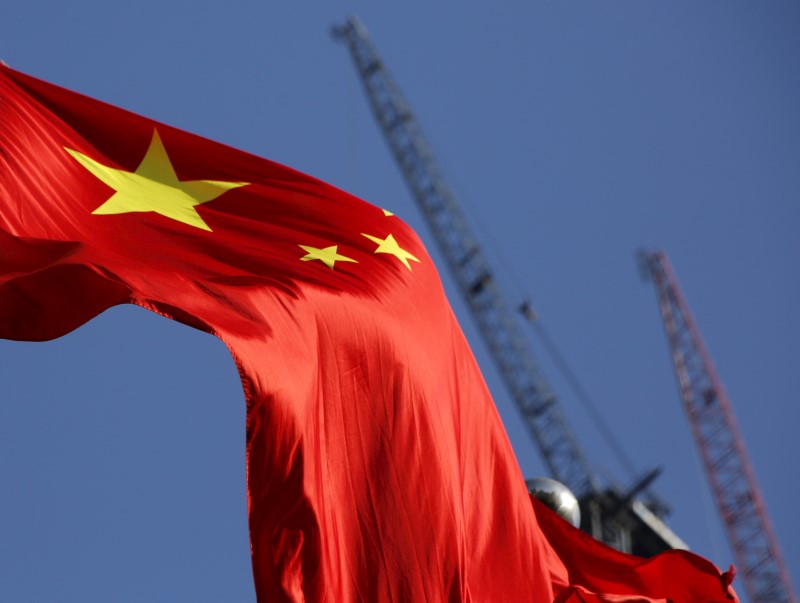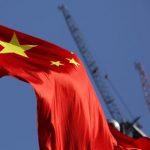
Due to the different approaches to foreign and economic policy between Harris and Trump, China could see varying effects based on who wins.
Analysts at Capital Economics have assessed these possible outcomes, flagging the considerable stakes for China.
A Trump victory in 2024 could signal a resurgence of the aggressive trade policies that characterized his first term.
Trump’s prior tariffs on Chinese goods led to increased costs for Chinese exporters, strained U.S.-China relations, and contributed to a slowdown in China’s export growth. Should Trump return to office, there is a high likelihood of further tariff escalation or even new rounds of economic sanctions.
This could worsen China’s already fragile economic situation, especially in its export-driven industries, which are particularly at risk.
As per Capital Economics, the return of Trump could bring a second round of tariffs, which would be more damaging than the first wave, given that China’s economy is now weaker, with slowed growth and reduced export momentum.
Moreover, the global economy is in a more fragile state, and a renewed trade war could result in a sharp contraction in international trade flows.
In contrast, a Harris presidency could imply a softer, more multilateral approach to China, with greater emphasis on diplomacy and cooperation in addressing global issues like climate change.
Harris is likely to continue the Biden administration’s strategy of balancing competition with engagement, as seen in recent U.S.-China dialogues.
For China, this could provide an opportunity to stabilize its relationship with the U.S. and avoid further economic decoupling.
While Harris would likely maintain pressure on China through trade policies and alliances, particularly concerning technology and intellectual property rights, the degree of aggression is expected to be lower than under a Trump administration.
The opportunity for collaboration on climate change and other global issues also represents a potential area for mutual benefit.
One of the major areas where China is vulnerable is in technology. Both Trump and Harris are likely to continue restrictions on China’s access to U.S. technology.
However, the methods may differ. Trump has taken a direct, confrontational approach, banning certain Chinese technology companies outright and imposing strict export controls.
Harris is expected to uphold similar restrictions, but with a more coordinated global effort, involving allies like the EU and Japan, to create a unified front.
Analysts at Capital Economics note that new U.S. export controls will be tougher for China to handle because they involve multiple countries.
These restrictions could severely hamper China’s ambitions to lead in high-tech industries, especially semiconductors and AI.
Beyond the economic implications, the outcome of the Harris vs. Trump election carries geopolitical stakes. A second Trump presidency could lead to further isolation of China, particularly as Trump has expressed disdain for multilateral institutions and alliances.
This would force China to seek new partnerships or deepen existing ones, such as its ties with Russia or countries in Africa and the Middle East.
Harris, on the other hand, would likely engage with China through existing global institutions, reducing the chance of outright economic or military conflict, but still working to contain China’s rising influence in the Indo-Pacific region.
To read the full article, Click Here

